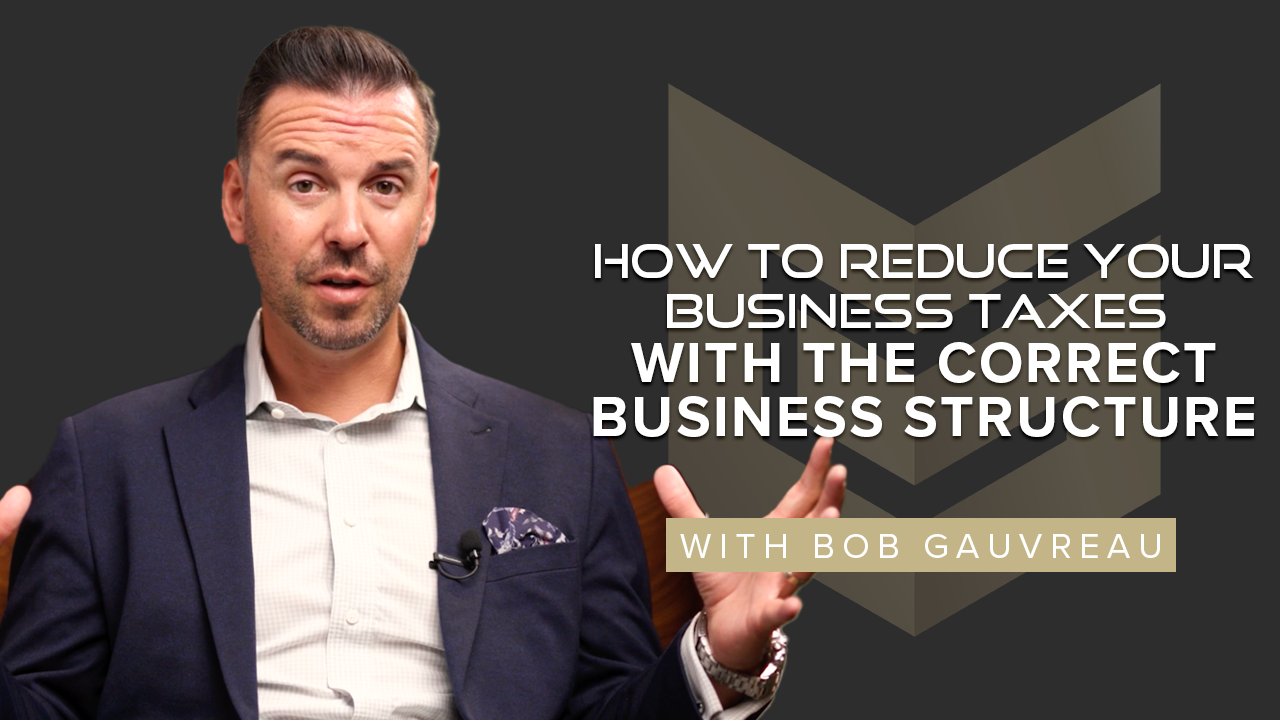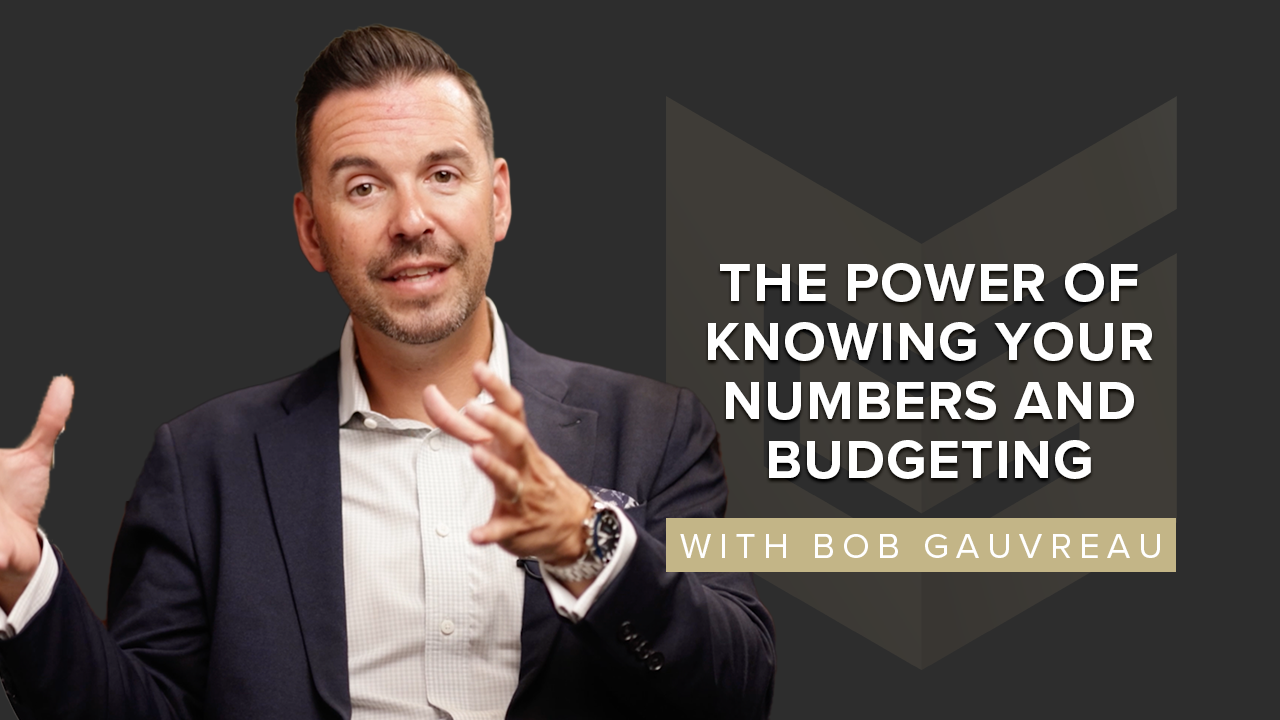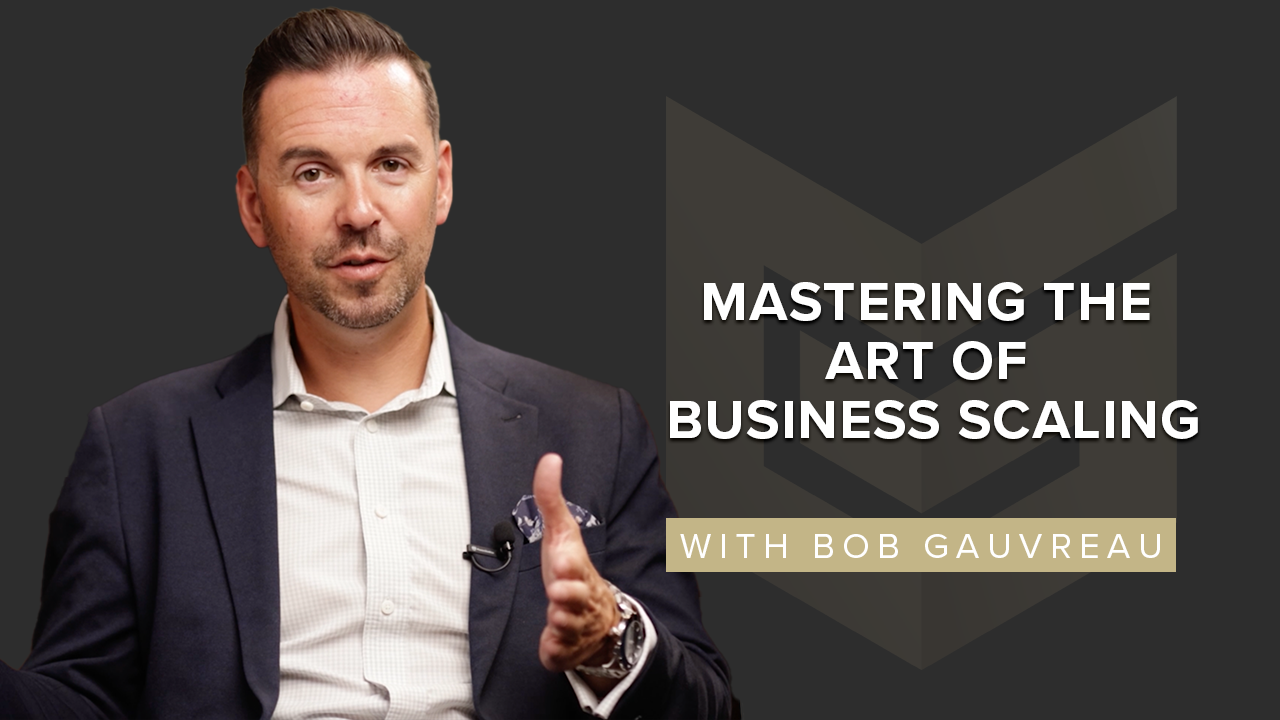How to Reduce Your Business Taxes with the Correct Business Structure
Navigating the complexities of tax obligations is a critical aspect of running a successful business. Entrepreneurs often focus on...
2 min read
 Gauvreau Accounting Tax Law Advisory
Jul 19, 2023
Gauvreau Accounting Tax Law Advisory
Jul 19, 2023
Let's talk about creating a budget for small businesses. I'm going to take a step back here and just say that if I had to give advice for the number one tool that could support financial performance and success in a business, it would be creating a budget.
Let me explain what a budget is, as often, when we think of a budget, we associate it with big corporations or government agencies and their spending allocations. Truthfully, that's one aspect, but for a small business, a budget helps us outline the direction and destination of what we're trying to achieve.
For instance, if you have a small business and you're aiming for $100,000 or $1,000,000 in revenue this year, what are the costs associated with reaching that level?
You're likely to incur advertising and staffing costs. If you're in manufacturing or reselling, there will be product and inventory costs to consider. With a budget, we establish the destination of where we're heading, and it provides a framework and benchmark to track our progress.
Setting up a budget or some sort of pathway to know that you're on track to achieving your goals is very, very important for any small business. Some components of a budget, as you may have heard me discuss before, include the financial model. We need to understand our revenue goals on a monthly and even weekly basis. For instance, the number of leads, sales calls, and closings needed to hit our targets.
In our small business, if we aim for $1,000,000 in revenue this year, we need to break it down further to understand the number of sales required and the average sale price. We should review this at least on a monthly basis, continuously adjusting to achieve the goal.
Inside the financial model, we have our direct costs, such as wages, materials, vehicle costs, and subcontractors delivering revenue. Then there are fixed costs, including ongoing rent expenses, insurance, and overhead for utilities or admin staffing.
Understanding these fixed expenses allows us to create benchmarks for comparison. If we go over budget, we can identify areas for improvement, and if we are under budget, we can strategize to consistently deliver positive results.
A budget provides us with a framework and a benchmark to track our success in realizing our goals. For me, it is the number one tool for small businesses to incorporate into their financial planning and serves as the primary tracker to measure progress toward achieving success.
Ready to take your small business to new heights? Our business advisory services are here to help you unlock your full potential. With our expertise in financial models, strategic planning, and budgeting, we can guide you towards making informed decisions that drive growth and success. Let us be your trusted partner on this journey, providing personalized solutions tailored to your unique business needs. Don't wait any longer; take charge of your financial future and schedule a consultation with our business advisory team today.

Navigating the complexities of tax obligations is a critical aspect of running a successful business. Entrepreneurs often focus on...

Small business owners often face a multitude of challenges, and one of the most critical ones is not fully understanding their...

Scaling a small business is a thrilling yet challenging endeavour. The prospect of growth, team expansion, and increased profitability...